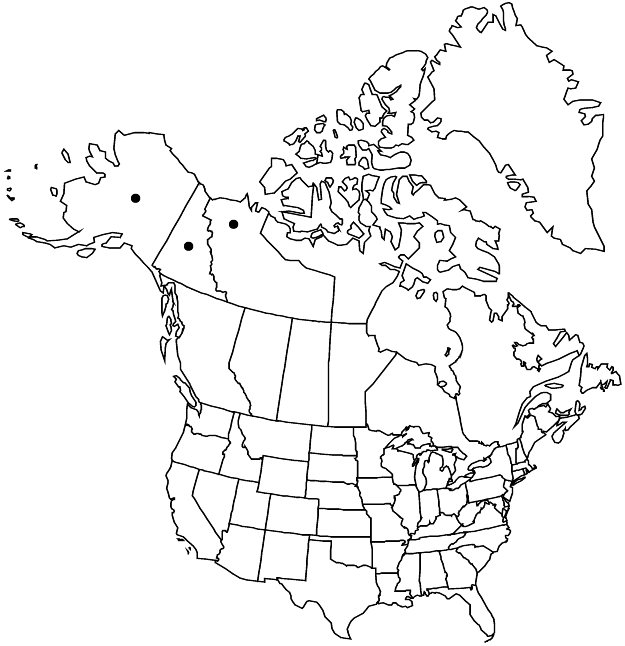Difference between revisions of "Rumex sibiricus"
Kongl. Svenska Vetensk. Acad. Handl., ser. 3, 5(2): 48. 1928.
imported>Volume Importer |
imported>Volume Importer |
||
| Line 51: | Line 51: | ||
|publication year=1928 | |publication year=1928 | ||
|special status= | |special status= | ||
| − | |source xml=https:// | + | |source xml=https://bitbucket.org/aafc-mbb/fna-data-curation/src/2e0870ddd59836b60bcf96646a41e87ea5a5943a/coarse_grained_fna_xml/V5/V5_1051.xml |
|subfamily=Polygonaceae subfam. Polygonoideae | |subfamily=Polygonaceae subfam. Polygonoideae | ||
|genus=Rumex | |genus=Rumex | ||
Latest revision as of 22:07, 5 November 2020
Plants perennial, glabrous, with vertical rootstock. Stems usually ascending, occasionally erect, usually producing axillary shoots below 1st-order inflorescence, especially at proximal nodes, 15–40(–70) cm. Leaf blades linear-lanceolate or narrowly linear-lanceolate, 6–15 × 1–2(–2.5) mm, usually ca. 6–10 times as long as wide, widest near middle, thin, not coriaceous, base cuneate, margins entire, flat or undulate, apex acute. Inflorescences terminal and axillary, terminal usually occupying distal 1/5–1/3 of stem, rather dense or occasionally interrupted in proximal 1/2, usually broadly paniculate (branches simple or with few 2d-order branches). Pedicels articulated in proximal 1/3, filiform (but thickened distally), 1.5–3.5(–4) mm, not more than 2–2.5 times as long as inner tepals, articulation indistinctly swollen. Flowers 10–20(–25) in whorls; inner tepals ovate or occasionally ovate-lanceolate, 2.5–3(–3.5) × 1.6–2.5 mm, base broadly cuneate or truncate, margins entire or indistinctly erose, apex obtuse or subacute; tubercles 3, equal or subequal, usually distinctly narrower and much shorter than inner tepals, smooth or weakly rugose. Achenes dark brown, occasionally dark reddish brown, 2–2.5 × 1–1.2 mm. 2n = 20.
Phenology: Flowering late spring–summer.
Habitat: Sandy, gravelly, and clayey shores of rivers and streams, wet rocky and grassy slopes
Elevation: 0-1500 m
Distribution

N.W.T., Yukon, Alaska, Asia (n Russian Far East including Kamchatka, Siberia).
Discussion
Rumex hultenii Tzvelev, a species closely related to R. sibiricus (it differs from the latter mostly by inner tepals without tubercles), was reported from Alaska by N. N. Tzvelev (1987b, 1989b). Rumex hultenii is reported to differ from R. utahensis by its narrower leaves, and from R. subarcticus by its smaller inner tepals and erect or ascending (not prostrate) habit, as well as by smaller inner tepals. Records of R. utahensis from Alaska may refer to R. hultenii. I have seen no reliable specimens from North America of R. hultenii and cannot confirm that it occurs in Alaska.
Selected References
None.